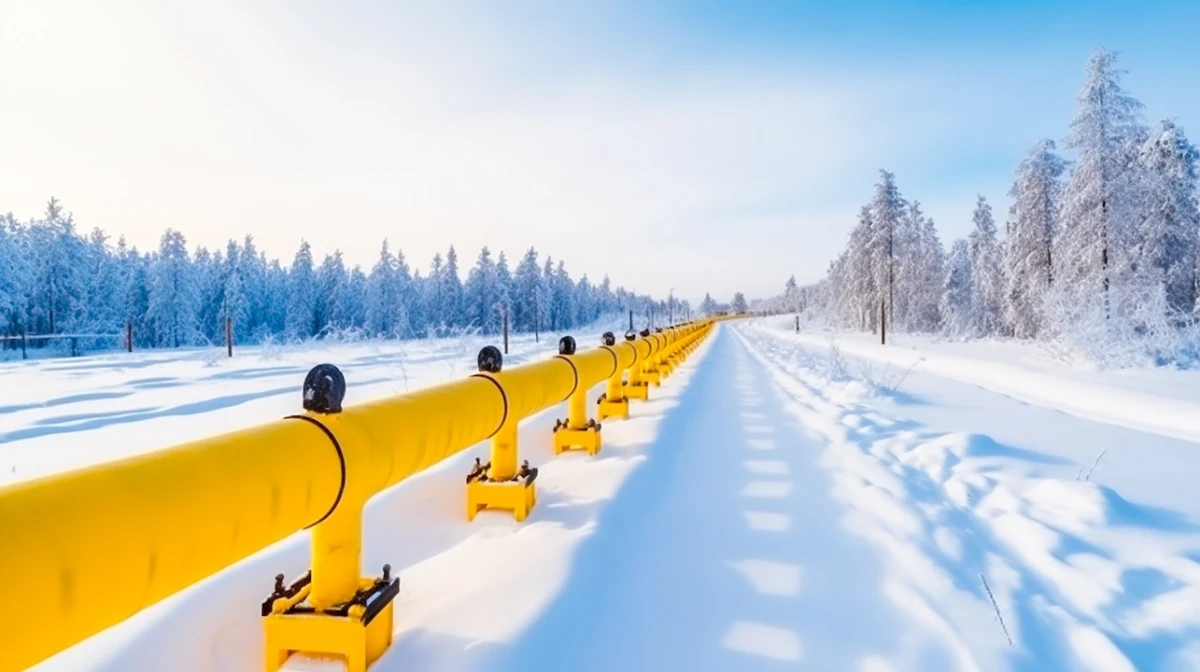#What You Need To Know
The EU is facing the risk of higher energy prices this winter as the contract for gas transit from Russia via Ukraine is set to expire at the end of the year. Ukraine has stated that it will not seek to renew the agreement, and the EU has shown no interest in pushing for its revival.
This means that the EU will lose around 5% of its total gas imports, mainly impacting central and southeastern Europe. If combined with a prolonged cold snap, this situation could lead to a worst-case scenario for countries relying on gas transits through Ukraine.
Austria, Hungary, and Slovakia are expected to face the biggest ramifications. While these countries could potentially seek alternative supplies from Germany, Italy, or Turkey, Germany's recent move to tax gas exports is complicating matters. The EU has already asked its member countries to phase out imports of Russian fossil fuels by 2027. However, losing Russian gas supplies through Ukraine could result in higher transport costs and difficulties in diversification. EU countries are now preparing contingency plans, but concerns about energy shortages remain.
#Why This Is Important for Retail Investors
Economic implications: Rising energy prices can have broader economic implications, such as increased inflation and reduced consumer spending. Retail investors should monitor these trends, as they can impact the overall health of the economy and potentially affect investment opportunities in different sectors.
Energy sector investments: Retail investors exposed to the energy sector should closely monitor developments in gas transit agreements. The expiration of the Russian gas contract with Ukraine could have implications for energy companies.
Diversification and risk management: This situation highlights the importance of diversification for retail investors who hold investments in energy-related assets. By spreading their investments across different sectors and regions, investors can mitigate the risks associated with potential disruptions in gas supply and any resulting market volatility.
Geopolitical considerations: The gas transit agreement between Russia and Ukraine is intertwined with geopolitical tensions. Retail investors should understand the broader geopolitical landscape and how it can impact energy markets. Changing dynamics between countries and regions can create investment opportunities or risks that investors should be aware of and factor into their investment strategies.
